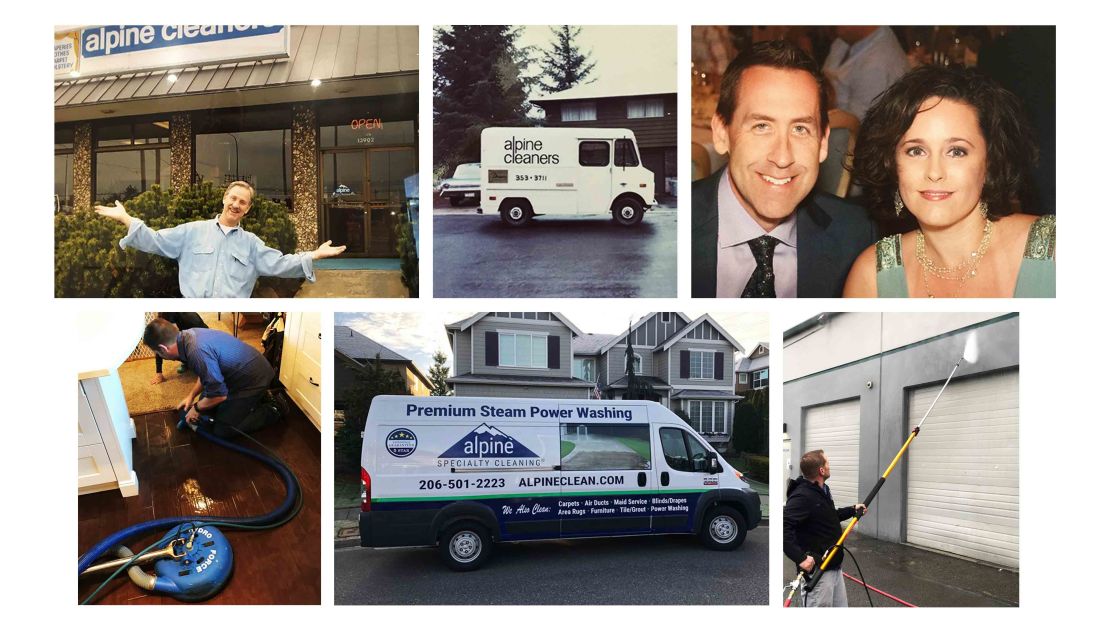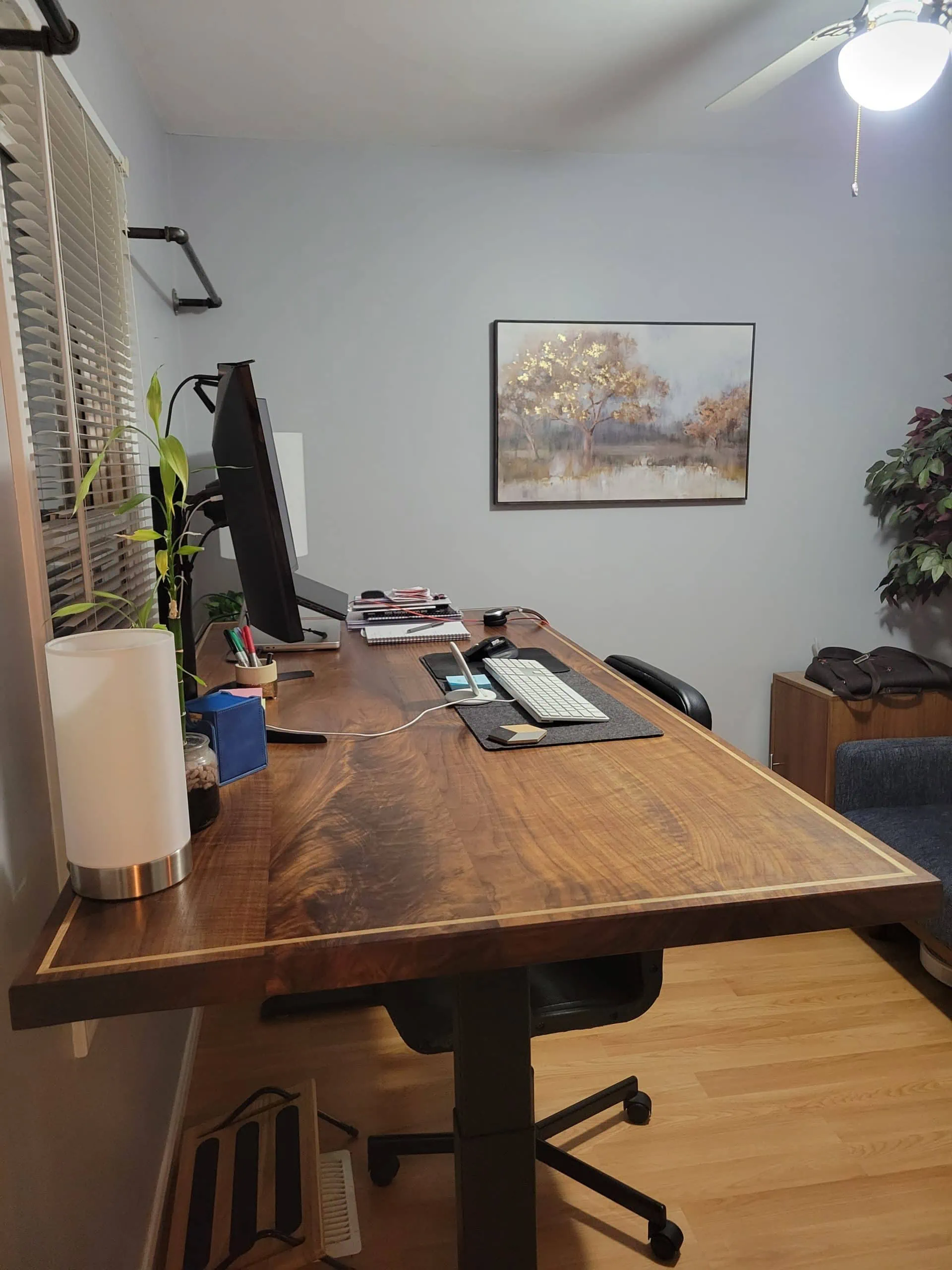Safe and Simple Ways to Keep Empty Homes Clean Without Chemicals
To keep empty homes clean without chemicals, mix vinegar and water for surfaces, and use baking soda for scrubbing and deodorizing. Dust from the top down with a microfiber cloth, and tackle floors with a vinegar solution. Organize spaces by decluttering and utilizing labeled bins. To freshen the air, place baking soda around and use essential oils in a diffuser. There’s plenty more ways to maintain a clean, welcoming environment without harsh chemicals.
Natural Cleaning Solutions for Every Room
While you might think cleaning an empty home requires harsh chemicals, there are plenty of natural solutions that can effectively tackle dirt and grime in every room.
For surfaces, a simple mixture of vinegar and water works wonders, cutting through grease and leaving a streak-free shine. Baking soda is fantastic for scrubbing sinks and tubs, absorbing odors while providing gentle abrasion.
In living areas, essential oils like lavender or tea tree can freshen the air and act as natural disinfectants. For the kitchen, a paste of lemon juice and baking soda can brighten countertops and remove stains.
Using these natural solutions not only keeps the space clean but also creates a welcoming environment for future occupants, showing care and consideration for their well-being.
Effective Dusting Techniques
How can you effectively dust an empty home to guarantee it looks its best? Start by gathering your supplies: a microfiber cloth, a duster, and a vacuum with a dusting attachment.
Begin at the top—ceiling fans, light fixtures, and shelves are often overlooked. Use your duster to capture dust in hard-to-reach areas, then wipe surfaces down with your microfiber cloth. This cloth traps dust rather than spreading it around.
Don’t forget baseboards and window sills; they collect dust too! For a thorough clean, vacuum any remaining dust from the floor.
Finally, consider using an essential oil spray on your cloth for a fresh scent, leaving the home inviting for future visitors. Your efforts will truly shine through!
Eco-Friendly Floor Care Tips
To keep your floors looking pristine without the use of harsh chemicals, start by opting for natural cleaning solutions. A simple mix of vinegar and water can effectively clean most surfaces while being safe for the environment.
For hardwood floors, use a solution of olive oil and white vinegar to nourish the wood and add shine.
When dealing with spills or stains, act quickly by blotting with a cloth and using baking soda to absorb odors. Regular sweeping or vacuuming will prevent dirt buildup, making your cleaning tasks easier.
Lastly, consider using reusable microfiber cloths instead of disposable ones to reduce waste. By adopting these eco-friendly practices, you’ll not only maintain clean floors but also contribute to a healthier home environment for everyone.
Organizing for Cleanliness
To keep your empty home clean, start by decluttering for efficiency.
Simplifying your storage solutions makes it easier to maintain order, so you can tackle each room with ease.
Decluttering for Efficiency
While you might think that keeping empty homes clean is a challenging task, decluttering can actually make the process much more efficient. When you remove unnecessary items, you not only create a more inviting space but also simplify cleaning routines.
Start by sorting through belongings and deciding what to keep, donate, or toss. This not only lightens the load but also helps you serve others by ensuring that usable items find new homes. Focus on one area at a time to avoid feeling overwhelmed.
As you declutter, you’ll discover how much easier it’s to maintain cleanliness. Remember, a well-organized space fosters a sense of peace, making it easier for you and others to appreciate the beauty of the home.
Storage Solutions Simplified
Effective storage solutions can transform even the most cluttered spaces into organized havens.
You’ll find that using clear bins and labeled boxes not only simplifies locating items but also encourages others to return things to their rightful place.
Consider vertical storage options like shelves or hooks; they maximize space while keeping items accessible.
For smaller areas, use under-bed storage to tuck away seasonal items or rarely used supplies.
Group similar items together, making it easier for everyone to find what they need.
Finally, encourage a regular review of stored items to maintain organization and guarantee everything serves a purpose.
Room-by-Room Approach
How can you maintain cleanliness in your home without relying on harsh chemicals? Start with a room-by-room approach to keep things organized and tidy.
In the kitchen, wipe down surfaces with a vinegar-water solution and declutter countertops to create a welcoming space.
Move to the living room, where you can dust with a damp cloth and arrange items neatly.
In bedrooms, focus on making beds and organizing clothes; this simple act can transform the atmosphere.
Finally, in bathrooms, use baking soda and vinegar for natural cleaning.
Freshening Up Air Quality Naturally
To freshen up the air in an empty home naturally, you can harness the power of plants and simple DIY solutions. Here are four effective ways to improve air quality while serving others:
Houseplants: Choose varieties like spider plants or peace lilies, which filter toxins and release oxygen.
Baking Soda: Place bowls of baking soda around the house to absorb odors and moisture.
Essential Oils: Use a diffuser with oils like lavender or eucalyptus for a pleasant, natural fragrance.
Ventilation: Open windows periodically to allow fresh air in and stale air out, promoting circulation.
Implementing these methods not only enhances air quality but also creates a welcoming environment for anyone who steps inside.
Maintaining Outdoor Spaces
While you might think maintaining outdoor spaces is an intimidating task, it can actually be quite simple with a few consistent efforts.
Start by regularly mowing the lawn and trimming hedges to keep everything neat and inviting. Opt for natural mulch in flower beds to suppress weeds and retain moisture, benefiting both the plants and local insects.
Consider planting native species that require less water and maintenance, fostering a healthy ecosystem. Regularly clear debris from walkways, ensuring safety and a polished appearance.
If you have outdoor furniture, a quick wipe down with a damp cloth can keep it looking fresh.

Seasonal Deep Cleaning Strategies
When it comes to seasonal deep cleaning, using natural cleaning solutions can make a big difference.
You’ll want to create a checklist that highlights essential tasks for each season, ensuring your empty home stays fresh and inviting.
Let’s explore effective strategies that keep your space clean without harmful chemicals.
Natural Cleaning Solutions
As you prepare for seasonal deep cleaning, consider embracing natural cleaning solutions that are both effective and eco-friendly.
These alternatives not only keep your empty home fresh but also serve as a healthy option for the environment.
Here are four natural cleaning solutions to try:
Vinegar: Use it to cut through grease and disinfect surfaces.
Baking Soda: Great for scrubbing and deodorizing carpets and upholstery.
Lemon Juice: Acts as a natural bleach and adds a fresh scent.
Essential Oils: Add a few drops to your cleaning solutions for antibacterial properties and pleasant aromas.
Seasonal Checklist Essentials
house cleaners cambridgeTo guarantee your seasonal deep cleaning goes smoothly, it’s essential to have a checklist that covers all the critical tasks.
Start by dusting ceiling fans and light fixtures, ensuring you reach every corner. Next, tackle windows, using a simple vinegar solution for a streak-free shine.
Don’t forget to clean your baseboards and trim, as they often collect dust and dirt. Move on to floors, vacuuming carpets and mopping hard surfaces with natural cleaners.
Check appliances in the kitchen, wiping down surfaces and removing expired items. Finally, inspect for any maintenance issues, like leaks or damages.
Frequently Asked Questions
How Often Should I Clean an Empty Home?
You should clean an empty home regularly, ideally every two to four weeks. This keeps dust and allergens at bay, ensuring a welcoming environment for anyone who might visit or move in later.
Can I Use Vinegar on All Surfaces?
Vinegar’s a gentle touch for many surfaces, but it’s best to avoid natural stone and certain finishes. Always test a small area first to guarantee you’re keeping everything in splendid condition while serving your space well.
What Natural Solutions Help Repel Pests?
To repel pests, you can use essential oils like peppermint or eucalyptus. Citrus peels also deter insects, while a vinegar-water solution can keep them at bay. You’re creating a welcoming environment for everyone involved!
How Do I Prevent Mold in Empty Homes?
Mold can spread faster than a wildfire! To prevent it in empty homes, guarantee proper ventilation, control humidity, and regularly check for leaks. Keeping spaces dry and airy will help maintain a healthy environment for others.

Are There Benefits to Leaving Windows Open?
Leaving windows open can improve ventilation, reducing humidity and preventing mold growth. Fresh air circulation also enhances indoor air quality, making it healthier. Plus, it creates a pleasant atmosphere, inviting a sense of freshness into the space.
Conclusion
Keeping your empty home clean doesn’t have to be a chore. By using natural cleaning solutions and simple organizing techniques, you can create a fresh and welcoming space. Just think of it as giving your home a gentle hug, wrapping it in care without harsh chemicals. With these eco-friendly tips, you’ll not only maintain cleanliness but also promote a healthier environment. So roll up your sleeves and enjoy the satisfaction of a naturally clean home!
